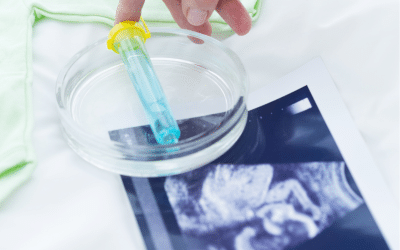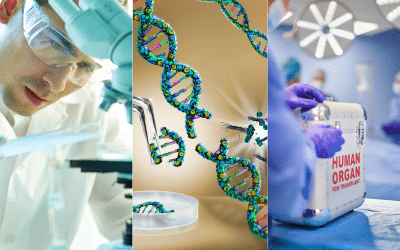In order to fight against human trafficking, surrogacy trade has been banned since October 2016 in Cambodia and January 8th, 2018 was set as the time limit for amnesty.
Surrogate mothers will not be prosecuted if they gave birth and gave the child to the sponsors before January 8, 2018. The latter were urged to report cases to the Cambodian courts in order to obtain child custody and thereby obtain an exit visa through normal administrative channels.
This transition period of amnesty was necessary because the Cambodian women solicited by offers from agents, are often poor, uneducated and live in remote areas.
However as warned by the Interior Minister in July, the embassies have received the legal guideline stipulating that sponsors, surrogates and intermediaries will risk legal prosecution for any children born after the January 8th deadline. According to Cambodian law, the woman who gives birth is the child’s mother. A mother who abandons her own child is considered irresponsible, especially if she is involved in selling her own child. The law stipulates: “any individual who buys, sells, or exchanges another person is punishable for 2-5 years of imprisonment”. The sentence could be increased to up to 15 years if the child is “sold for adoption”, or “up to 20 years if the victim is a minor”.
In Cambodia, surrogacy rates exploded when its neighboring country Thailand banned the practice in 2015 for foreign parents, as did India and Nepal in 2016. Approximately 50 clinics specialized in surrogacy had established trade in Cambodia, although some agencies have since left for Laos following the regulatory announcement, and particularly after the November 2016 arrest of an Australian nurse for her implication.
This nurse who was sentenced to 18 months in prison in Cambodia in August 2017 recently lost her appeal on January 8, 2018, and will remain in prison until summer. She is accused of recruiting surrogate mothers and falsifying documents for birth certificates for newborns; she had also previously worked in Thailand in a clinic specialized in surrogacy.
The Permanence Vice-Chair of the National Committee for Counter Trafficking, Chou Bun Eng, said that a “prakas” (a regulation) would soon be published to specify the penalties for anyone involved in surrogacy, pending a report to be released by the Minister for Women’s Affairs.
2021 Bioethics Law: Assisted Reproductive Technology (ART)
2021 Bioethics Law: Assisted Reproductive Technology (ART)Table of contents I. The ART technique available...



